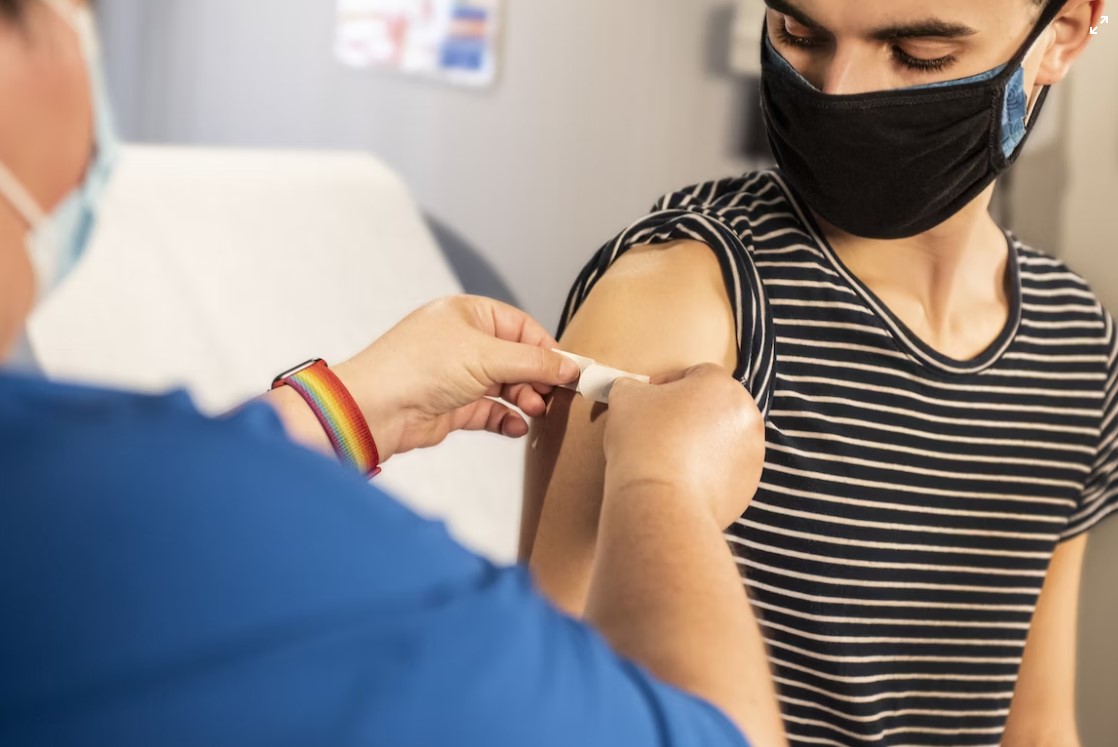
Why You Should Get the HPV Vaccine for Best Protection Against Cancer
The HPV vaccine offers an incredibly powerful tool to help prevent several types of cancer. By vaccinating against high-risk strains of human papillomavirus, you gain long-lasting immunity that can protect you for life against HPV-related health problems. Here are the top reasons why getting the HPV vaccine makes sense to ensure you achieve the best results.
Protection from Cancer-Causing HPV Types
Certain strains of HPV – known as high-risk types – are responsible for causing virtually all cases of cervical cancer in women as well as other cancers like anal, penile, throat and some head/neck cancers. The HPV vaccine protects against 9 high-risk HPV types that cause 90% of HPV-related cancers. By gaining immunity to these high-risk types, you significantly reduce your chances of developing an HPV-associated cancer later in life.
Immunity Before Exposure is Ideal
The HPV vaccine works best when given to individuals before they become sexually active and potentially exposed to HPV through sexual contact. This ensures your immune system develops antibodies to the virus before any exposure occurs. Administration after exposure may still provide some benefit, but immunity prior to sexual debut offers the most robust protection against HPV infection and related health problems.
Reducing the Spread of HPV in the Community
When large portions of the population are vaccinated against HPV, the overall prevalence of the virus declines. This “herd immunity” effect leads to fewer cases of genital warts, abnormal Pap tests and cervical dysplasia – precancerous changes in the cervix caused by HPV. The more our communities embrace HPV vaccination, the more we can reduce the spread of the virus and frequency of HPV-related illnesses.
Long-Lasting Protection Through Adulthood
Studies have shown that the HPV vaccine provides effective immunity for at least 10 to 15 years and likely much longer. This means if you receive the vaccine as a preteen or teen, the protection will likely remain through your late 20s, 30s, 40s and beyond. Booster shots are not currently needed. While immunity wanes over time, even partial protection against the most high-risk HPV types remains important.
Prevention is the Best Option
There are no treatments that can eliminate existing HPV infections or fully remove your risk of later health problems like cervical cancer. HPV vaccination offers the only opportunity for true prevention – by blocking high-risk HPV types before they can ever take hold. Once a person is infected with HPV, the body has no way of fully clearing the virus on its own. Vaccination prior to exposure remains the gold standard of prevention.
Recommendations from Health Organizations
The CDC, World Health Organization and major medical societies all recommend routine HPV vaccination starting at age 11 or 12. This reflects the important benefits of protecting children and teens from HPV before sexual activity begins. Administration between ages 9 to 26 is still recommended for those who were not vaccinated as preteens.
In summary, by gaining robust immunity to the cancer-causing HPV types targeted by the vaccine, you achieve the best possible protection against HPV-related cancers and precancerous lesions. The HPV vaccine allows you to achieve this immunity before ever being exposed to HPV for truly preventative results. Don’t miss out – talk to your doctor to find out how to ensure you receive the HPV vaccine and reap its powerful cancer prevention benefits.

Leave a Reply